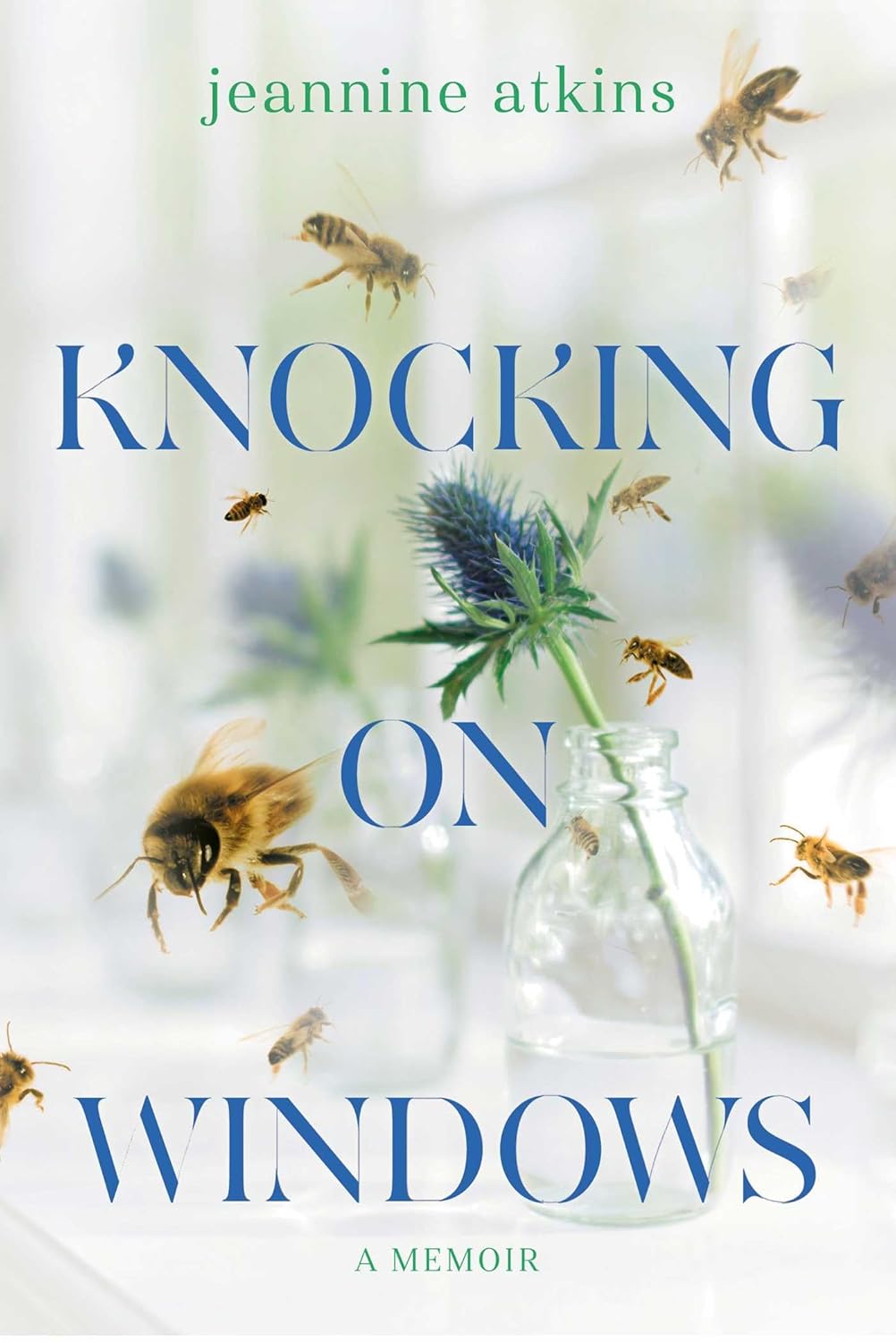What do you think?
Rate this book


304 pages, Hardcover
First published August 5, 2025
It’s a bit difficult to write a review for nonfiction but this was such a creative way to tell this story. It was raw and filled with rage, grief, and empowerment. Getting help and letting your voice be heard were very relevant in this. I really enjoyed the writing style, it was so beautifully done.
(Note: I received this copy from the publisher via NetGalley in exchange for an honest review. Thank you to the publisher for the opportunity!)
Read For
✓ Poetry
✓ Healing
✓ Memoir
✓ Hurt/Comfort
✓ Finding Your Voice
⚠️ Content Warnings
Minor: Misogyny, Rape, Sexism, and Sexual assault
𓍊𓋼𓍊𓋼𓍊𓋼𓍊𓋼𓍊𓋼𓍊𓋼𓍊𓋼𓍊𓋼𓍊𓋼𓍊𓋼𓍊𓋼𓍊
Spice Level: n/a
Sad Level: 💧💧💧💧
Enjoyability: 7/10
Writing Style: 7/10
Would I Recommend? Yes
Favorite Quote: ❝The furious mother split time into seasons, ripped off green leaves, clenched them until they crumbled in chilled air.❞
Pages: 320
Format: eBook
Language: English
Release Date: 05, August 2025